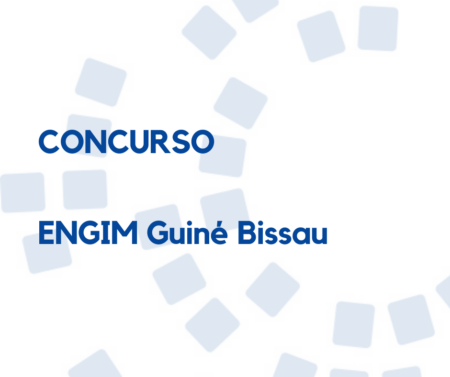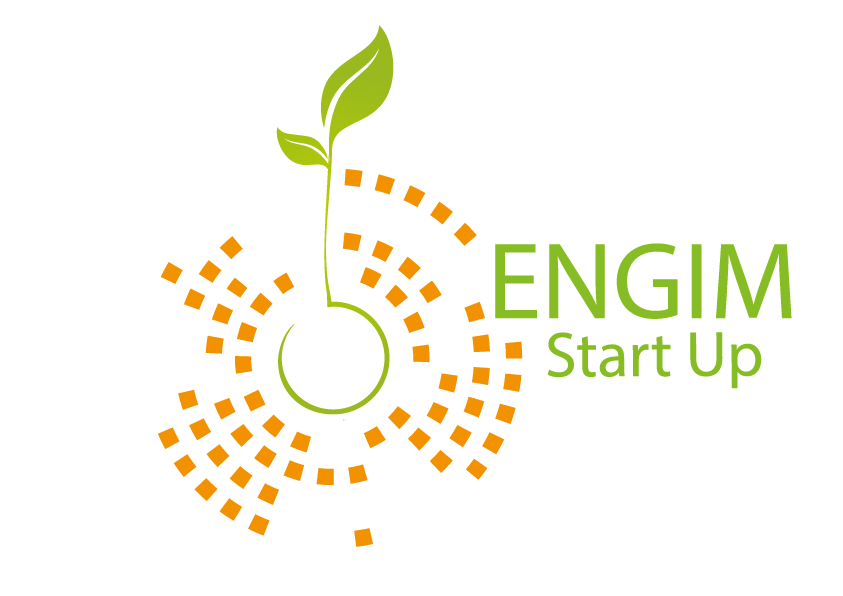ENGIM promotes local development in Sahel and works with with local entities that have a positive impact on the ground. In particular, we aim to encourage the creation of job opportunities through consultancy for businesses, professional training, job placement and support for the creation and acceleration of new enterprises.
Guinea Bissau
Guinea Bissau represents one of the most significant realities in supporting new businesses for ENGIM. Our first project took place in 1993 with the aim of strengthening the professional training system and, since then, numerous initiatives have been carried out, also thanks to the presence of ENGIM volunteers and employers on site. ENGIM operates as an NGO recognized by the Guinean government and its main partners are the two vocational training centers of the Josephites in Bissau and Bula.
The choice to work on job inclusion derives from the high number of structural difficulties existing in the country’s labor market, including the low number of small and medium-sized enterprises (SMEs), a weak interconnection between training centers and enterprises and the low capacity to absorb newly trained young people into the labor market. Therefore, through international cooperation projects, we aim to enhance professional training, guidance, job-placement services and the acceleration of new businesses.
Since 2007, through the ENGIM/CIFAP incubator in Bissau, we have supported students, entrepreneurs, farmers, journalists, artisans and artists in specific paths ranging from identifying their needs to reaching employment.
Main funders: AICS, European Union, UNDP, Government of Japan, CEI
For further information: Facebook page
From 2012 to 2022
0
Companies involved
0
%Active companies after our support (353)
Mali
Engim has been involved in business support in Mali since 2007, working between Bamako, the Kayes Region and the Mopti Region. We currently operate also thanks to the collaboration with the Createam incubator, an incubator in Bamako launched by Orange Mali, to facilitate access to greater employment opportunities.
In particular, the actions in which we are engaged range from targeted training activities in the leading sectors of the areas of intervention (production, transformation and marketing of agro-pastoral products, small commerce, catering, small building, crafts such as plumbing, carpenter, electromechanics, assistance and repair of photovoltaic systems, brickmaker, locksmith, mechanic) assistance in the creation of micro-business or self-employment activities, which is carried out through incentives for start-ups, training on business plans and business techniques, accompaniment to start-up of activities, internships in local companies, funding and scholarships.
Main funders: MAECI, AICS, Ministry of the Interior, CEI, Piedmont Region
For further information: Facebook page
From 2012 to 2022
0
Companies involved
0
%Active companies after 3 years from our support (110)
Senegal
ENGIM starts its presence in northern Senegal in 2016 with the aim of improving the living conditions of the rural population and strengthening cooperation between local authorities. Thanks to professional training and business support, over the years, it has been possible to promote the development of the agricultural sector and support various companies in the transition from subsistence to market agriculture.
ENGIM currently supports the creation of micro-enterprises in the country run by young people and women belonging to vulnerable sections of the population. The active and planned activities for the next two years aim at strengthening local governance systems, promoting more inclusive access to the world of work and strengthening the network of public services and territorial partnership networks.
In particular, in order to meet the needs of employment and social inclusion, we intend to activate short-term and proximity professional and technical-economic training courses aimed at entering the labor market and to introduce new entrepreneurial activities that generate income and work placements through internships at interested local companies.
Main funders: Compagnia di San Paolo, Piedmont Region, AICS
For further information: Facebook page
Calls and opportunities
-

Tender in Mali – Impact Entrepreneurship
-

Call for tenders for the Supply of Fuel, Oil, Gas and Related Services
-

Call for tenders for the Maintenance and Repair of Automobiles in Guinea-Bissau






